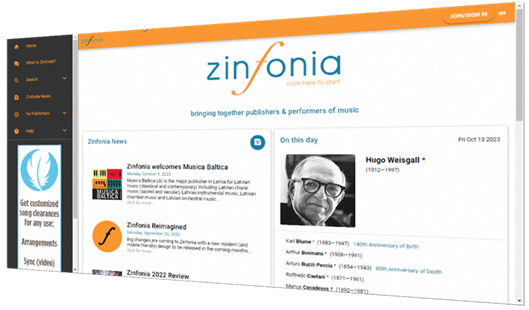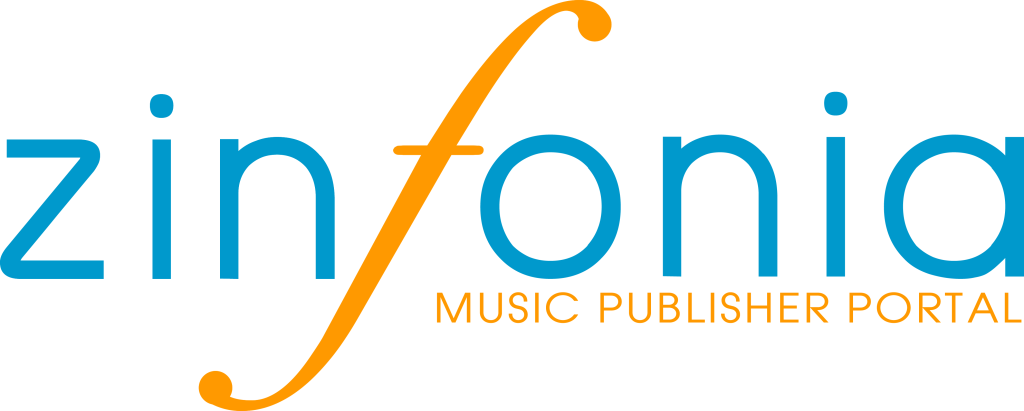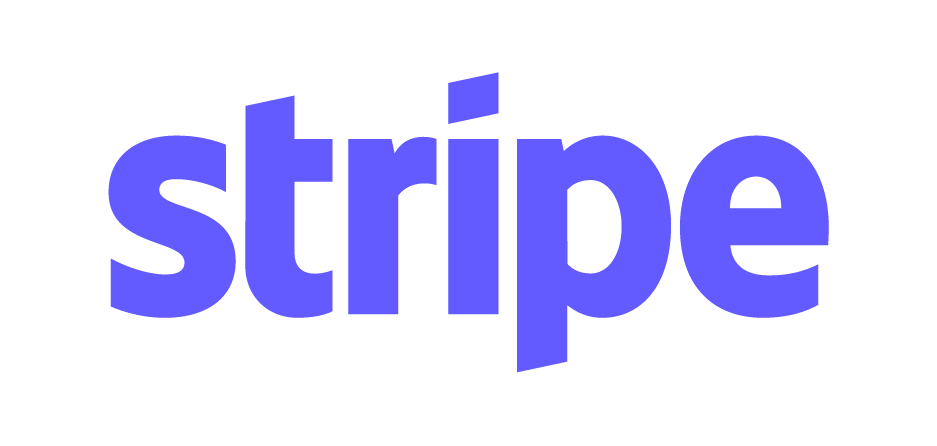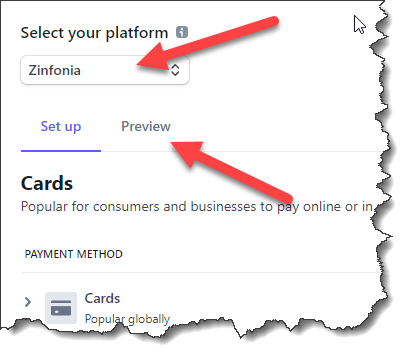We are excited to announce that the launch of the new generation of Zinfonia, in© and related tools has been set for the weekend of January 13-14, 2024.
Please note that Zinfonia will not be available at this time
for Zinfonia users
The new system will be very familiar as it builds on technology that made Zinfonia such a success, but provides a simpler interface which is compatible with all modern devices.
Existing Zinfonia users will be required to enter a new password (with our new enhanced security protocols), but so long as you use the same email address you use now, ALL of your past order history will be available.
If you use the Zinfonia Groups feature, you will need to re-join your nominated group the first time you log in (and this can be done by selecting the Group from the log in options in the top-right corner).
There are many new features which we will highlight throughout the year, but one I would like to draw your attention to is the addition of desktop notifications, when enabled, will give you immediate feedback whenever the state of a Zinfonia request changes.
for Zinfonia Connect Publishers
Zinfonia Connect publishers will have a new set of tools located at our sister site incopyright.com to assist you in the management of your Zinfonia presence. This will be available in the weeks leading up to the launch, and we will send you more information closer to the time.
Some patience required
During the changeover period, there will be times when the system is not available, but we hope to keep this to a minimum. As this is a major upgrade with almost every facet of the system re-written, we anticipate there will be some unforeseen issues that we will endeavour to resolve as quickly as possible to avoid any disruption.
As always, if you need help or have any questions about the new release, please contact us at help@zinfonia.com















